


Pet Dentals
Dental disease is caused by the accumulation of plaque. Plaque is the thin, sticky film that covers teeth and is composed of bacteria and their by-products, saliva, food particles and sloughed epithelial cells. Much the same as with our own teeth.
Four ways to prevent dental disease:
- Appropriate food
- Pet Dental chews
- Brushing your pet’s teeth
- Regular veterinary dental check-up
- Dogs over the age of 3 with dental disease 80%
- Cats over the age of 3 with Dental disease 70%
Pocket Pets can also suffer from dental disease.
In fact, it is the most common issue that vets see with this type of companion animal. Luckily, dental issues with pets such as rabbits and guinea pigs can be managed in much the same way as with dogs and cats and your local Fur Life Vet will be happy to assist with any questions you may have – some of them even provide specialised dental checks and care for pocket pets.
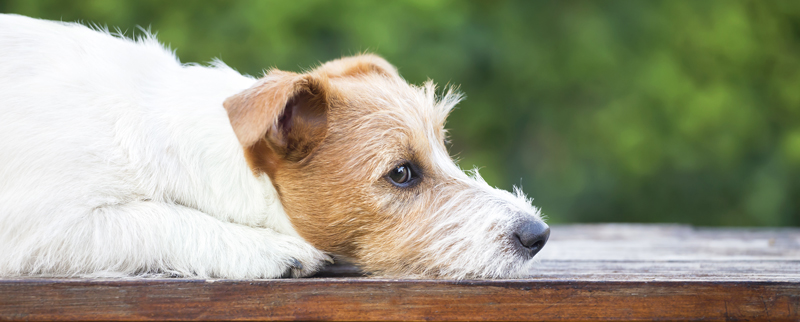
Dive Deeper With These Dental Case Studies:
Eye and Ear Issue In A Geriatric Patient - Is Dental Disease The Underlying Problem?
The main reason Tess was brought in to see her Fur Life Vet was because she was rubbing her right eye and ear. Learn more about her case (and final diagnosis of dental disease) here.
What’s Up With Zami?
Zami (Zambesi) is an 8 year old male ragdoll who presented to our Torquay clinic with very inflamed gums but little visible evidence of dental disease.Read more about his story here.
Common Problems – Fractured Tooth
Mary, a 10 year old female fox terrier, presented in early Autumn 2020 for a swollen right cheek. The owner reported that the swelling had appeared overnight, but Mary was still happy in herself and eating normally. Find out what happened here.
Signs of dental disease
There are various signs you can look out for in your pet, these are:
- Bad Breath (halitosis)
- Discoloured or loose teeth
- Excessive drooling, sometimes blood stained
- Dropping of food from the mouth when eating, or reluctant to eat, especially hard food
- Pain when handled around the head or behavioural changes
- Facial swelling pawing at the mouth Inflamed (gingivitis) or receding gums
Pet dental treatment
A dental treatment involves:
- Full veterinary pre-operative health assessment
- Admission and discharge appointments.
- General anaesthetic including intravenous fluids
- Professional scaling to remove tartar.
- Charting of the mouth to look for tooth decay, pain and mouth cancers
- Polishing of the teeth so they shine
- Advice on home-care to keep that smile sparkling
For more information about your pets specific dental health we encourage you to make an appointment for a dental assessment.
Find your local clinic below and give them a call to claim your FREE Pet Dental Health Check:
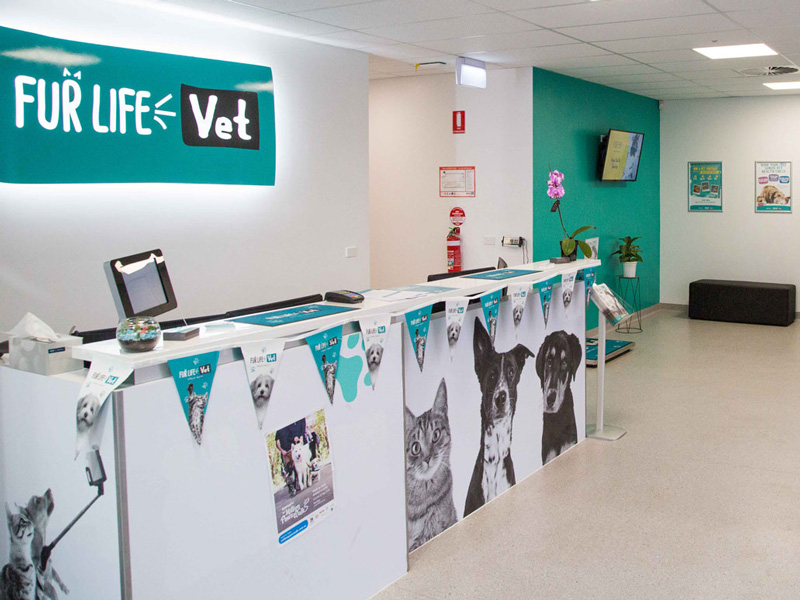
Vet Clinics
Fur Life Vet Clinics are situated across regional Australia. Find your closest clinic here.
Click on the cover image above to read our
Comprehensive Guide to Pet Dentals.
We cover all you need to know about the importance of regular pet dentals, what is involved in a pet dental consult and/or surgery and how our vets perform a dental.
You can also download this hand guide as a PDF too!

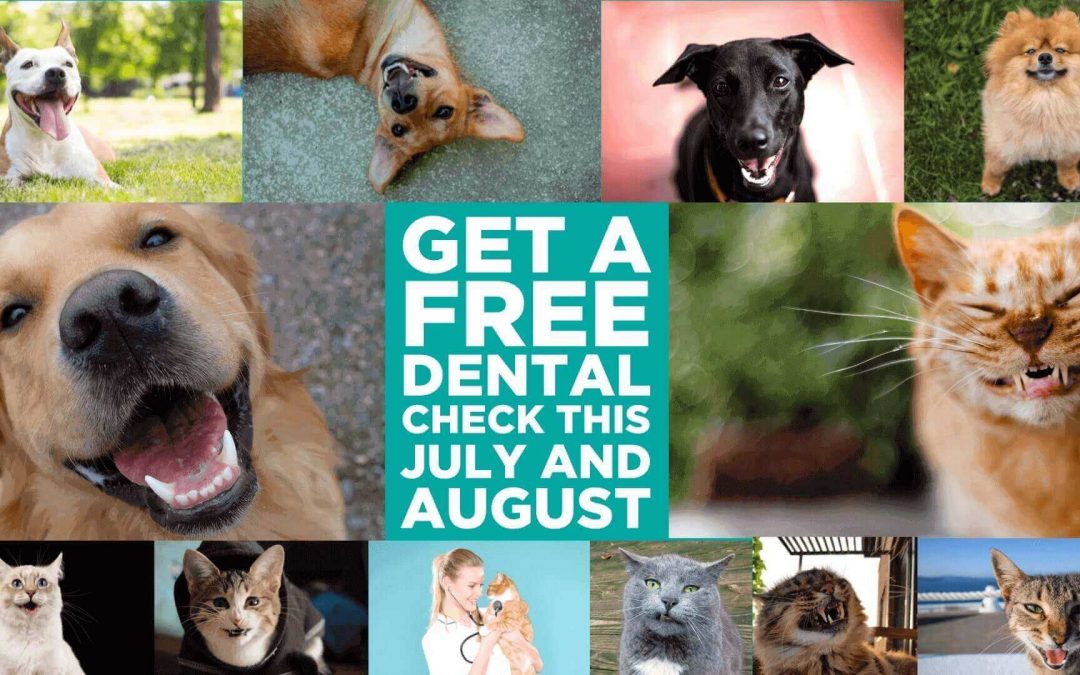
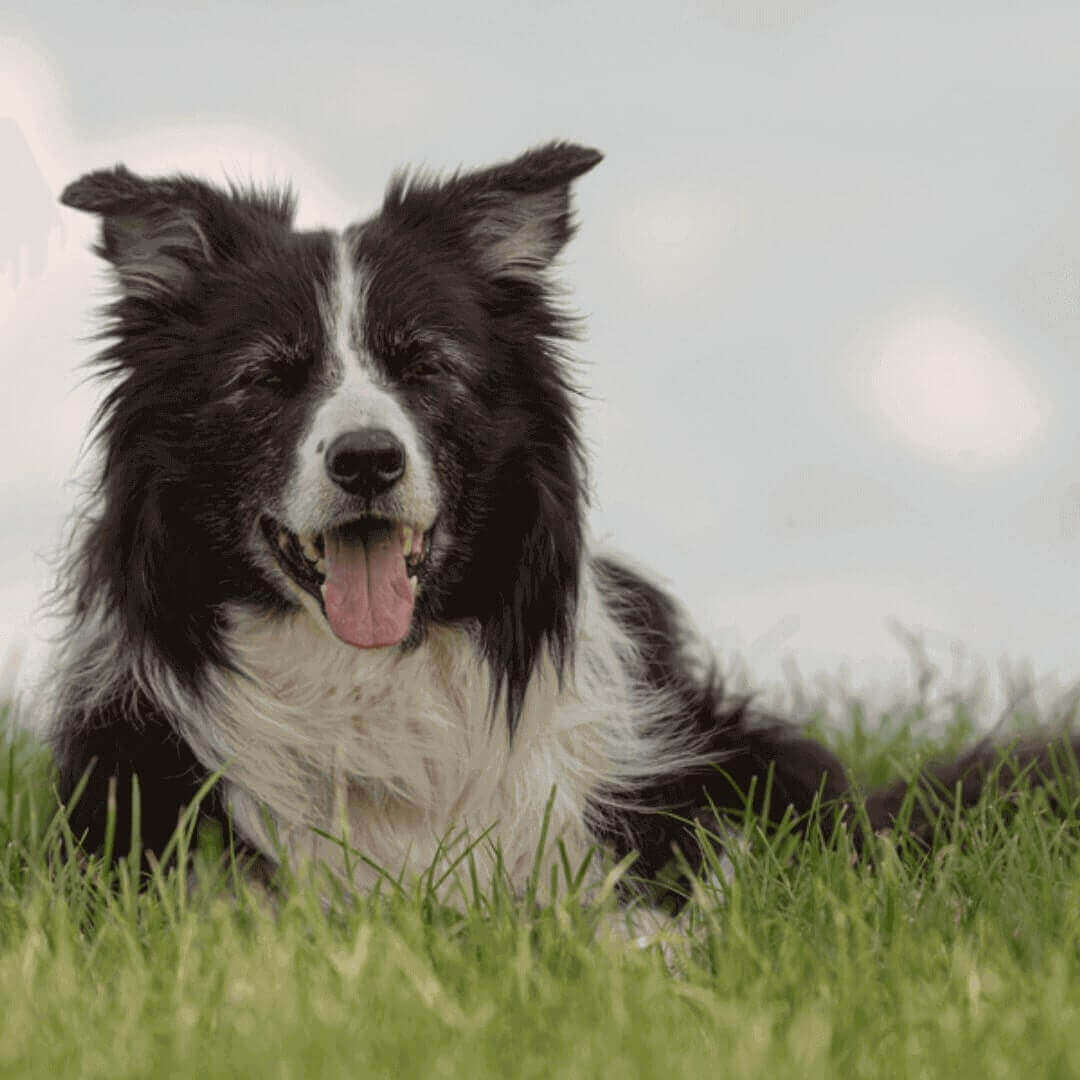
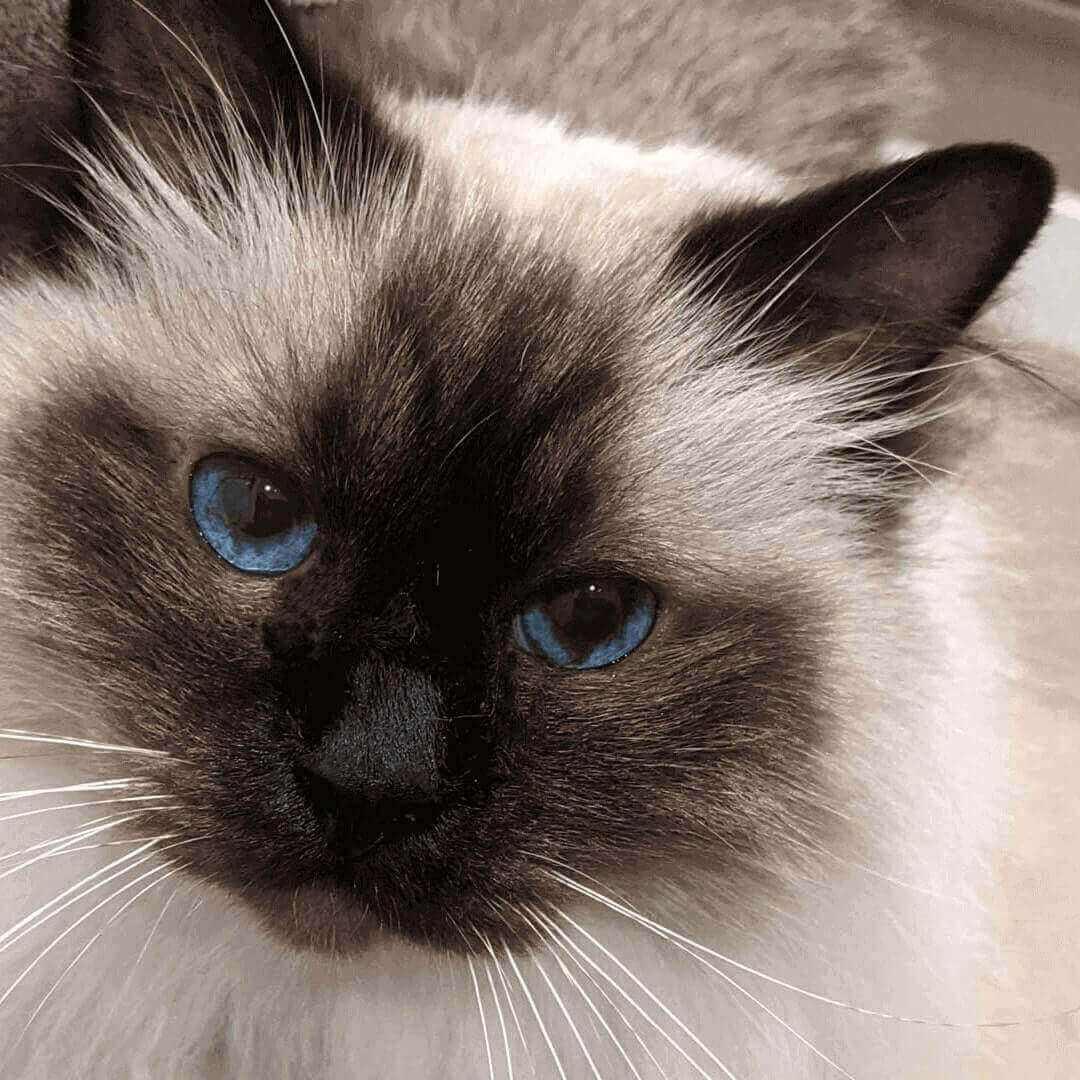
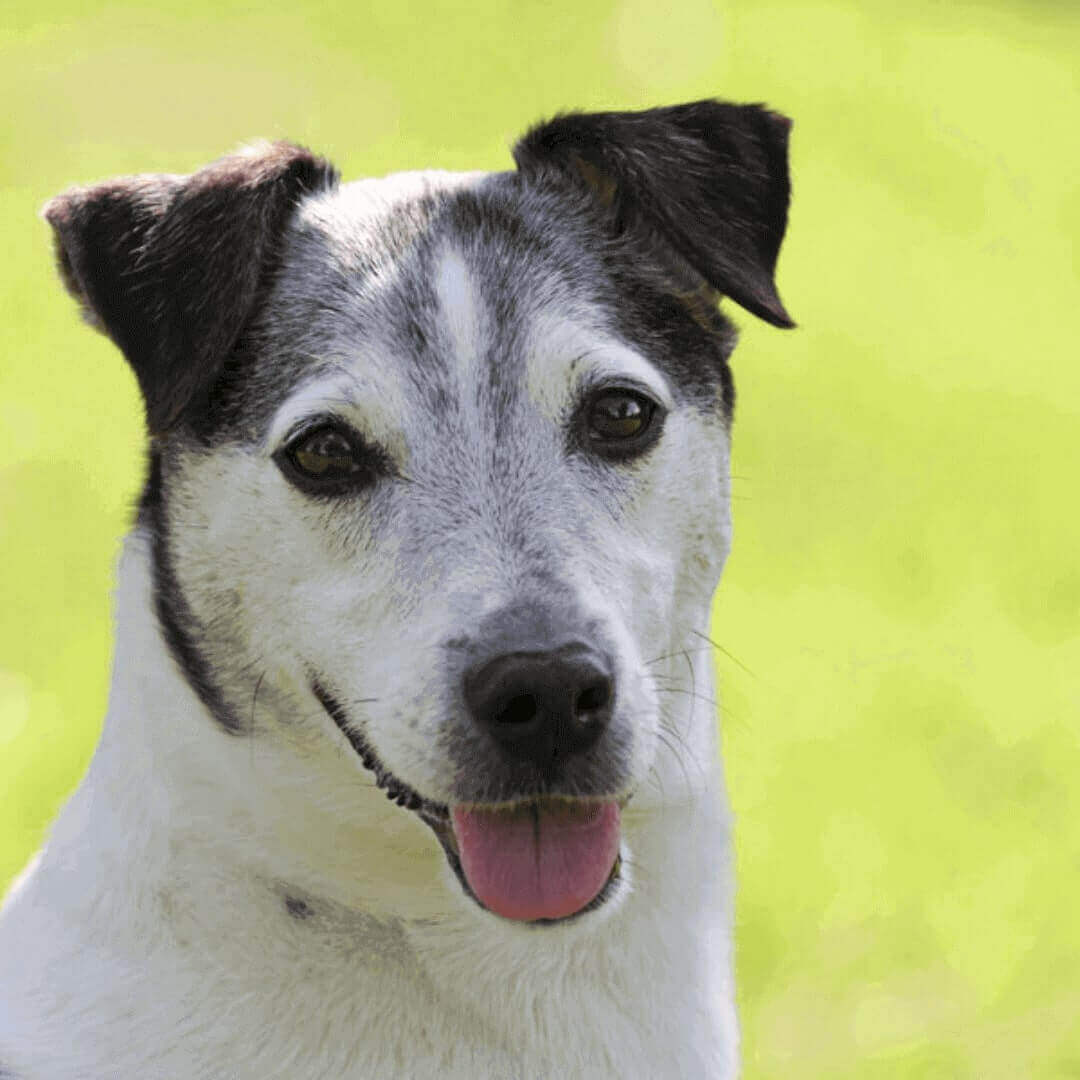

Recent Comments